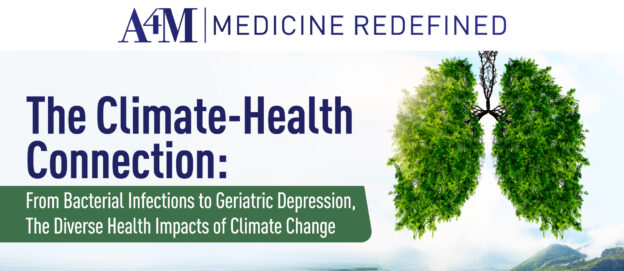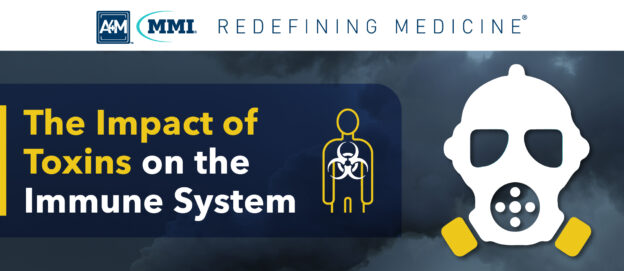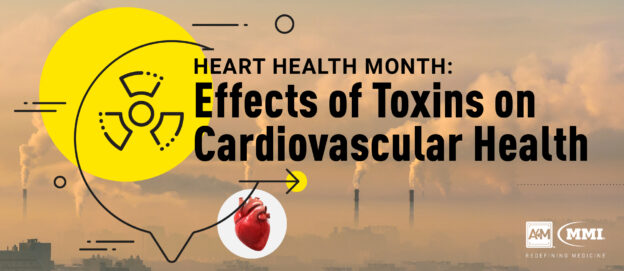On February 3rd, close to 50 cars of a Norfolk Southern train were derailed near East Palestine, Ohio, causing long-lasting fires and releasing numerous hazardous chemicals in the area. Among them were vinyl chloride and benzene, both known carcinogens, as well as the highly flammable isobutylene, paint thinner additive ethylene glycol monobutyl ether, and the possible carcinogen ethylhexyl acrylate.
Since the derailment, subsequent public evacuation, and a “controlled” release of the chemicals followed by a lifting of the evacuation order, the town has seen an uptick in reports of concerning symptoms and animal illnesses. As a significant body of evidence proves, both short and long-term exposure to noxious chemicals can have significant health consequences. With symptoms ranging from headaches and nausea to dizziness and loss of consciousness, the list of patient cases associated with the derailment continues to grow – despite the purported dissipation of toxic fumes. And the long-term population health risk assessment remains to be determined.
This is just one recent example of toxin-related illness with far-reaching and wide-ranging implications. Albeit more acute in impact than most recently studied environmental health risks, the East Palestine train derailment contributes to the investigative work that reveals the hidden costs of the air we breathe and the elements we are inevitably exposed to. Recent research findings unveil even more health risks tied to climate change and pollution that pose an immeasurable threat, largely due to the scale of their reach and their inescapable nature.



